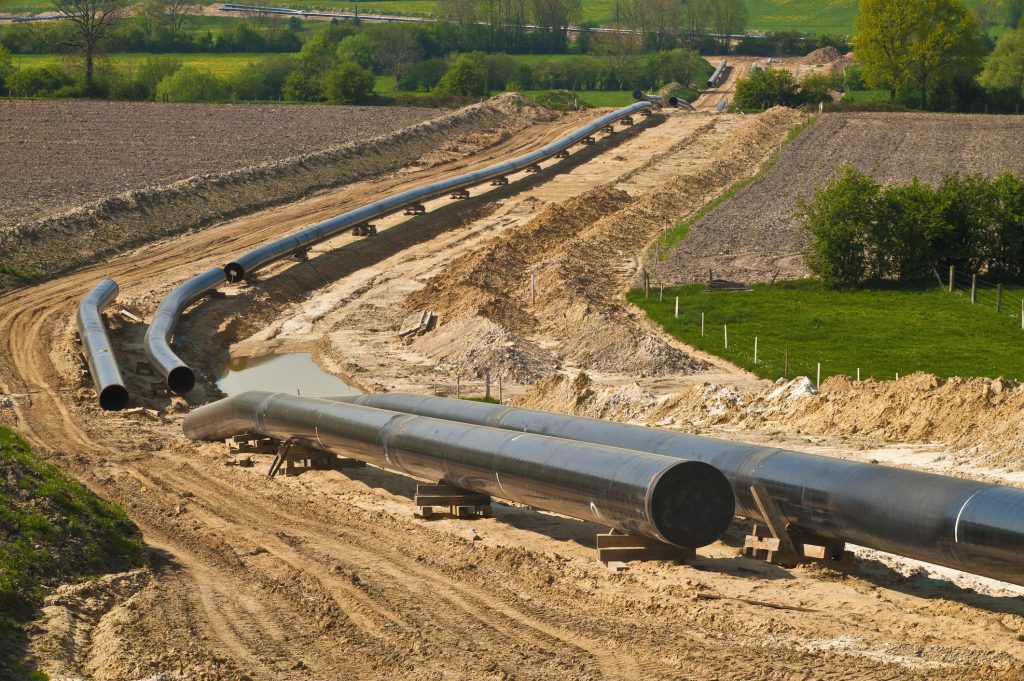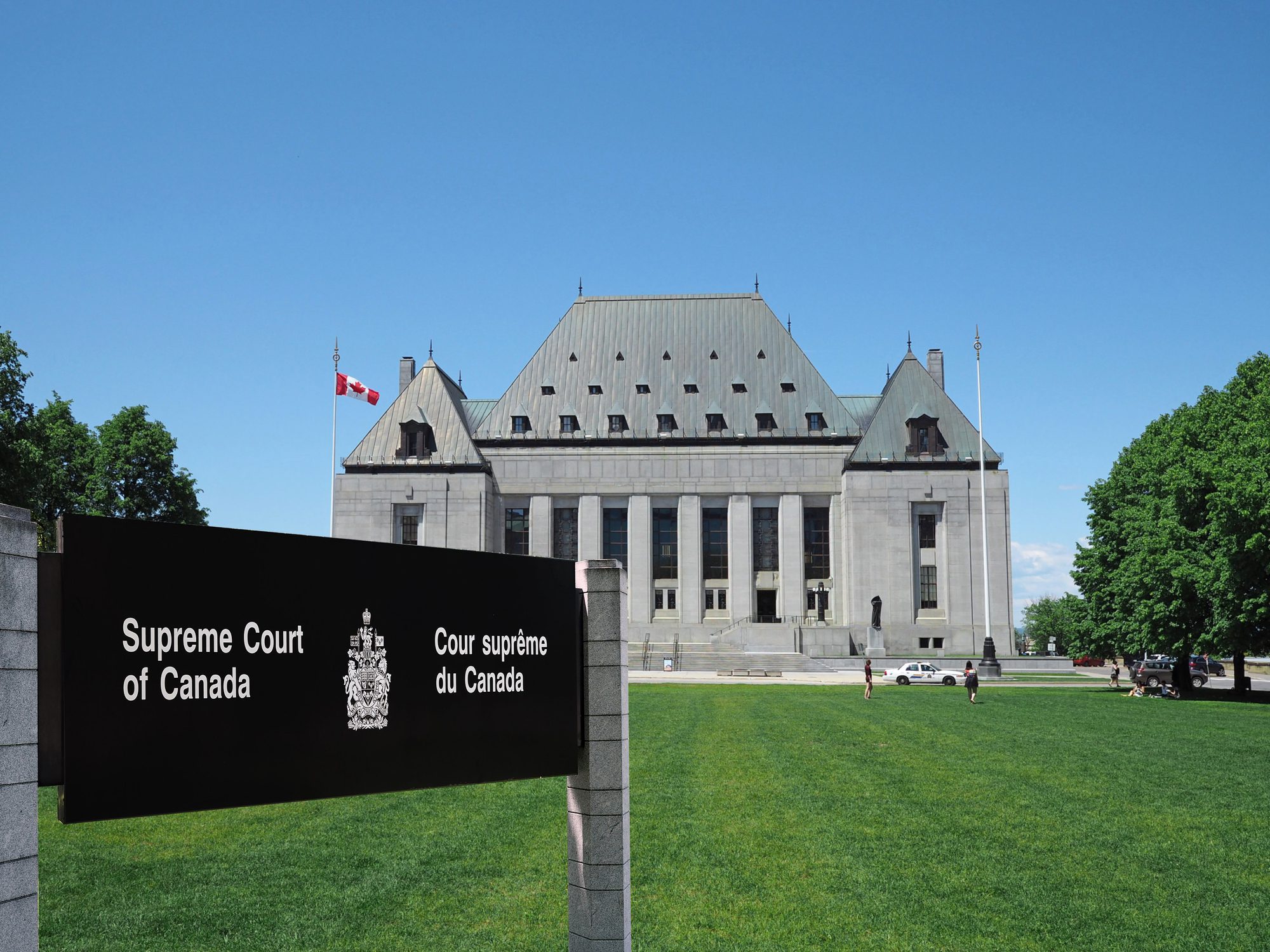This week, on March 21 and 22, the federal government is defending its Impact Assessment Act (IAA) (formerly Bill C-69) at the Supreme Court of Canada.
Once again, we’re teaming up with the Canadian Environmental Law Association (CELA) and headed to court this week to protect this important environmental law from the Government of Alberta’s efforts to strike it down.
Remember Bill C-69?
We spent years fighting for much-needed legislation to strengthen Canada’s environmental laws and fix the broken project review process. The previous government gutted the project review process in 2012 at the behest of the oil and gas industry – leaving communities with a flawed decision-making process that put the environment and public at risk.
Environmental impact assessments are supposed to ensure that only projects which keep our communities safe and healthy get approved. Instead, the broken process led to controversy and political gridlock – and a loss of public trust in Canada’s environmental laws and the decisions being made.
When the new law was finally introduced in 2019, environmental groups didn’t get everything we wanted, but it did make some important improvements. Most significantly, for the first time, Canada’s environmental assessments are legally required to consider a project’s climate impacts. That’s why we’re in court defending this law.


The response from the Government of Alberta: another baseless attack
Back in May 2019, Alberta’s former Premier Jason Kenney warned that if the amendments to Bill C-69 demanded by the oil and gas industry were not adopted as a whole, it would stoke fires of Alberta separation and result in a constitutional challenge on the grounds that the law intrudes on provincial rights.
Even though many of the demands of the oil and gas industry were in fact met, that didn’t stop Premier Kenney, who followed through on the constitutional challenge. The case was heard by the Alberta Court of Appeal in February 2021. And we were right there, represented by the Canadian Environmental Law Association (CELA), to defend the environmental protections that we had fought hard to secure in the first place.
The Alberta Court of Appeal finds the IAA an “existential threat”
Unfourtunately, the judges ruled in favour of the Government of Alberta and deemed the IAA to be unconstitutional. They even compared the law to the climate crisis. “Climate change constitutes an existential threat to Canada,” the majority wrote, but the federal environmental law “involves another existential threat”.
The federal government has appealed the decision – and this week the Supreme Court of Canada will hear both sides out. So back to court we go.
Why are we intervening?
Because there is a lot at stake. People in Canada depend on the federal government to safeguard our families, our health and the environment from pollution, toxic contamination and other potential harms. After all, landscapes, pollution and wildlife do not stop at provincial borders.
The Supreme Court will be the final authority on whether the IAA stands or not. Without the IAA, Alberta and other provinces will have a free hand to approve mines and large industrial projects without a federal impact assessment. It would mean that a project’s impacts on the climate would continue to get left out of decision-making.
Protecting the environment and conserving nature is the shared legal responsibility of provincial and federal governments. But with some provinces showing less regard for environmental protection and weak assessment frameworks, it is more important than ever to have strong federal laws to uphold minimum standards and ensure a level playing field across Canada.
Although the IAA is not perfect, it is an important step forward in rebuilding public trust in Canada’s environmental reviews.
So we’re in court to defend it.







